What Equipment Is Needed To Make Sauces
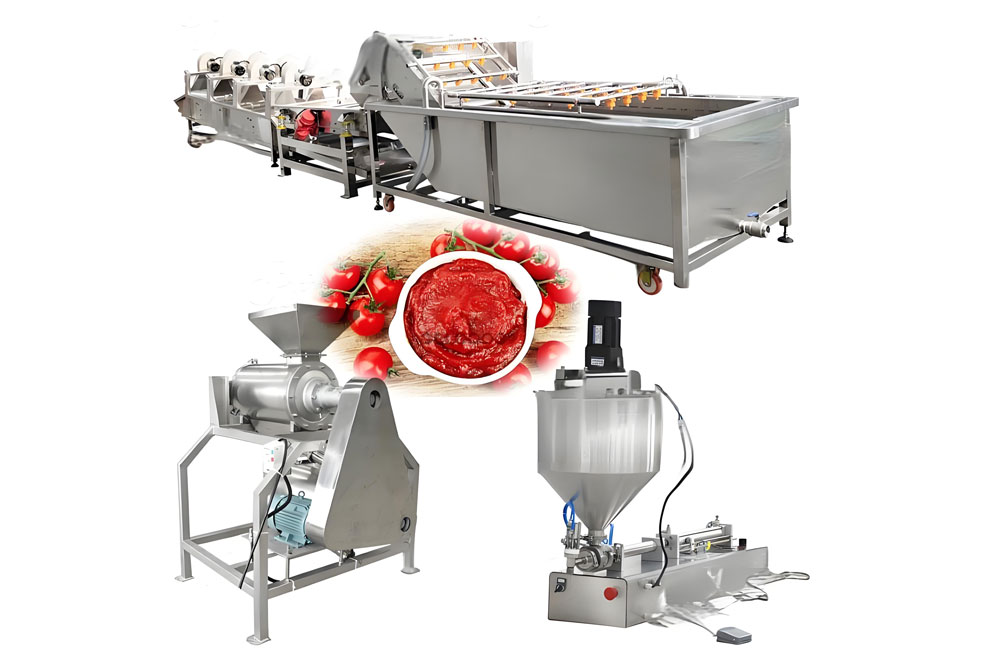
Creating delicious, restaurant-quality sauces at home or in a professional kitchen requires not only the right ingredients but also the right tools and equipment. From simple home setups to full-scale commercial kitchens, the proper tools can elevate your sauce-making game, ensuring consistency, flavor, and efficiency. In this blog, we’ll explore the essential equipment needed to make sauces, from everyday kitchen tools to specialized machinery for commercial production.
Why the Right Equipment Matters in Sauce Making
Whether you’re preparing a basic tomato sauce, a creamy béchamel, or a complex demi-glace, the equipment you use can make a significant difference in the:
- Texture: Achieving the desired smoothness or thickness depends on precise tools.
- Consistency: High-quality equipment ensures repeatable results every time.
- Efficiency: The right tools save time and energy, especially for batch production.
Essential Equipment for Sauce Making at Home
For home cooks, sauce-making doesn’t require industrial-scale tools, but having a few essentials can simplify the process:
1. Saucepan or Sauté Pan
- Material: Opt for stainless steel or non-stick options for even heat distribution.
- Size: A medium-sized saucepan (2-4 quarts) works well for most sauces.
- Application: Perfect for simmering, reducing, and blending ingredients.
2. Whisk
- Type: Balloon whisks for aeration or flat whisks for smooth blending.
- Application: Crucial for emulsifying ingredients, such as in hollandaise or vinaigrette.
3. Immersion Blender
- Features: Handheld and versatile, perfect for blending sauces directly in the pot.
- Application: Ideal for smooth purees, soups, or sauces like marinara and bisque.
4. Fine-Mesh Strainer or Chinois
- Purpose: Removes solids, leaving a silky-smooth liquid.
- Best For: Straining stocks, creamy sauces, and gravies.
5. Measuring Tools
- Essentials: Measuring cups and spoons for accuracy.
- Application: Ensures balanced seasoning and consistency in recipes.
Advanced Tools for Serious Home Cooks
For those passionate about sauce making, investing in advanced tools can help achieve professional results:
1. High-Speed Blender
- Examples: Vitamix or Blendtec models.
- Application: Perfect for ultra-smooth purees, nut-based sauces, or emulsions.
2. Double Boiler
- Purpose: Prevents direct heat exposure, ideal for delicate sauces like custards or hollandaise.
3. Food Processor
- Application: Useful for chunky sauces like pesto or tapenade.
4. Digital Thermometer
- Purpose: Ensures precise temperature control, especially for sauces requiring specific heat levels.
5. Sous Vide Circulator
- Application: Great for infusing flavors into sauces or maintaining emulsions at consistent temperatures.
Equipment Needed for Commercial Sauce Production
In commercial kitchens or food production facilities, the scale and complexity of equipment are significantly higher:
1. Industrial Blenders and Mixers
- Features: High capacity, durable construction.
- Application: Blending large batches of sauces with consistent texture.
2. Steam-Jacketed Kettles
- Purpose: Even heating for large-scale sauce production without burning.
3. Homogenizers
- Application: Ensures smooth, uniform emulsions, ideal for sauces like mayonnaise or cream-based dressings.
4. Pasteurizers
- Purpose: Critical for food safety and shelf-stability in commercially distributed sauces.
5. Filling and Packaging Machines
- Application: Automates bottling and labeling, ensuring hygienic and efficient packaging.
Tips for Maintaining Sauce-Making Equipment
Proper maintenance is key to ensuring your equipment lasts and performs efficiently:
- Regular Cleaning: Always clean tools immediately after use to prevent residue buildup.
- Blade Sharpening: Keep blender and food processor blades sharp for smooth results.
- Lubricate Moving Parts: For machines like mixers, ensure all moving parts are well-lubricated.
- Follow Manufacturer Guidelines: Adhere to maintenance schedules for commercial equipment.
Conclusion: Choose the Right Equipment for Your Needs
Whether you’re a home cook perfecting your marinara recipe or a professional chef producing gourmet sauces, having the right equipment is essential. Start with basics like a whisk and saucepan, and expand to advanced tools as your skills and needs grow.
For commercial setups, investing in high-capacity, durable machines ensures consistency and efficiency. Remember, quality equipment isn’t just about convenience—it’s about delivering the best flavors and textures in every sauce you create.
Must-Read Blogs For Chain Restaurants Owner

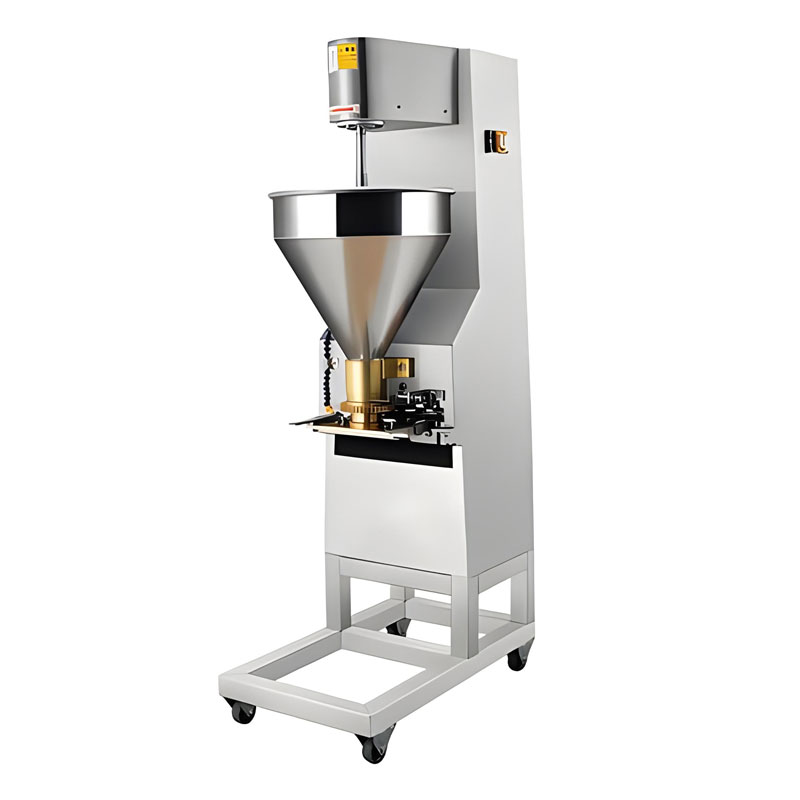
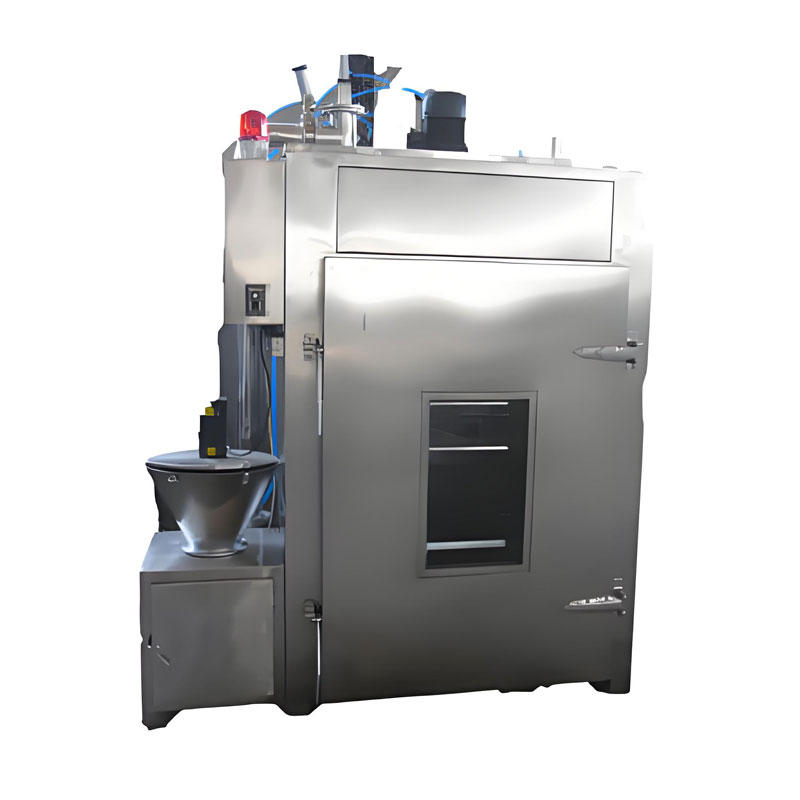
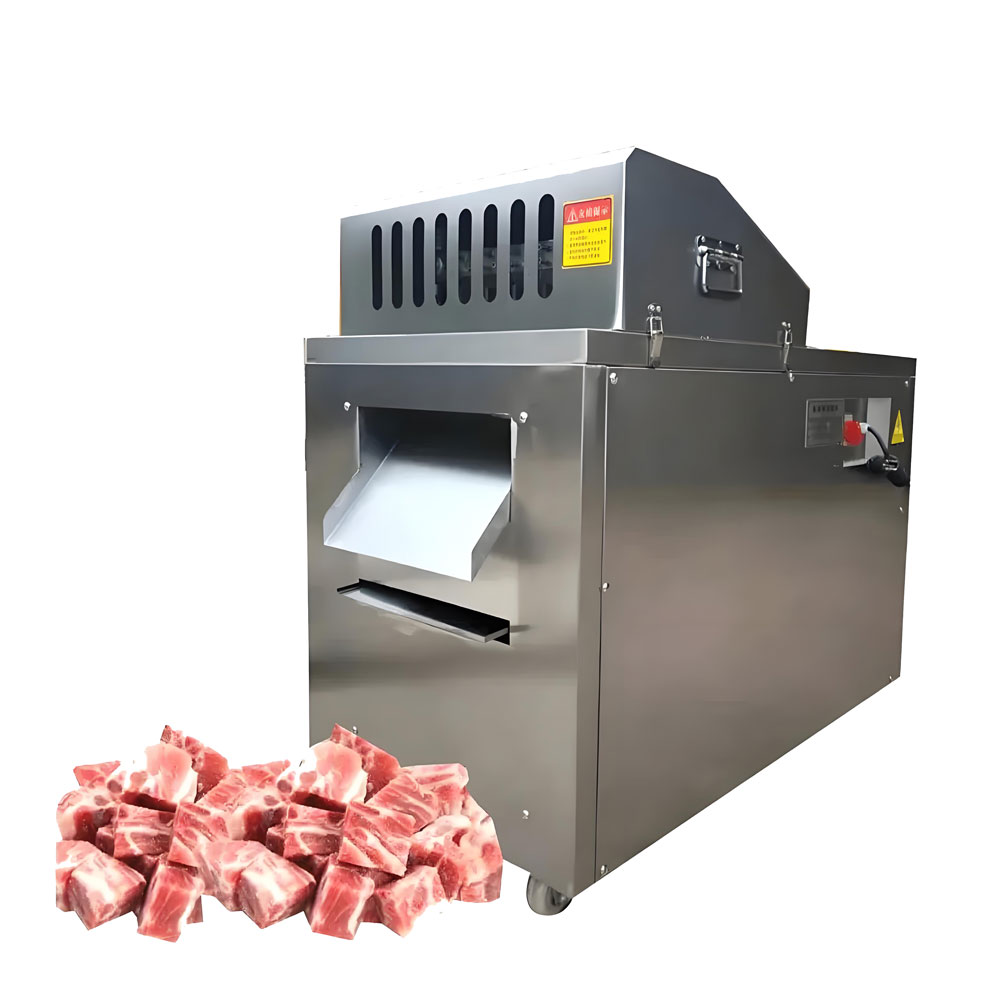
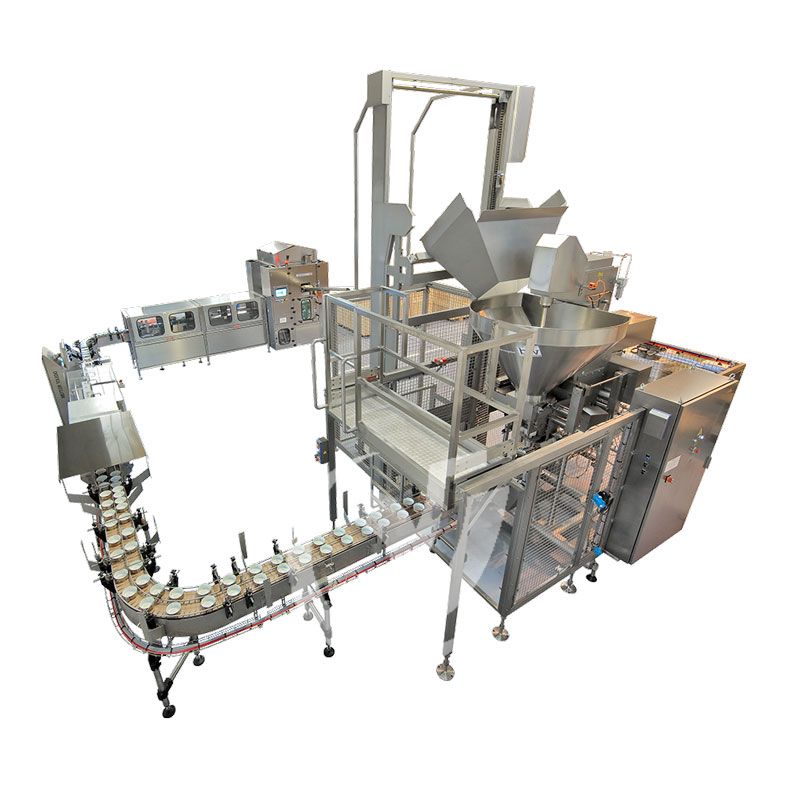

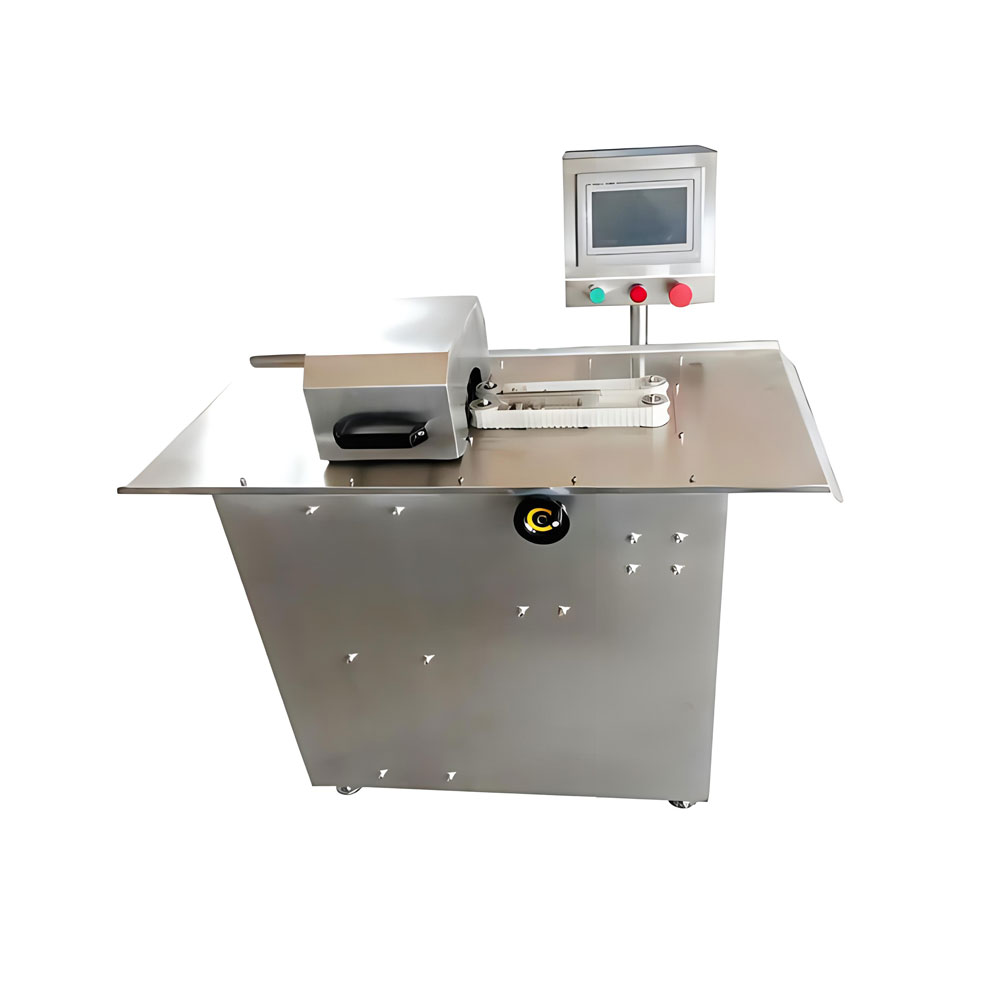
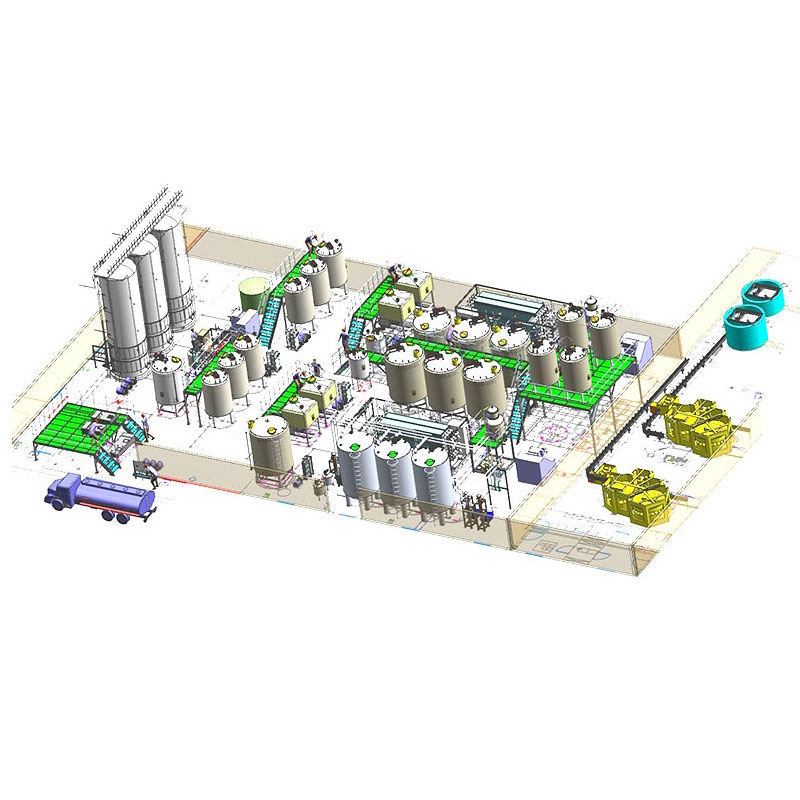
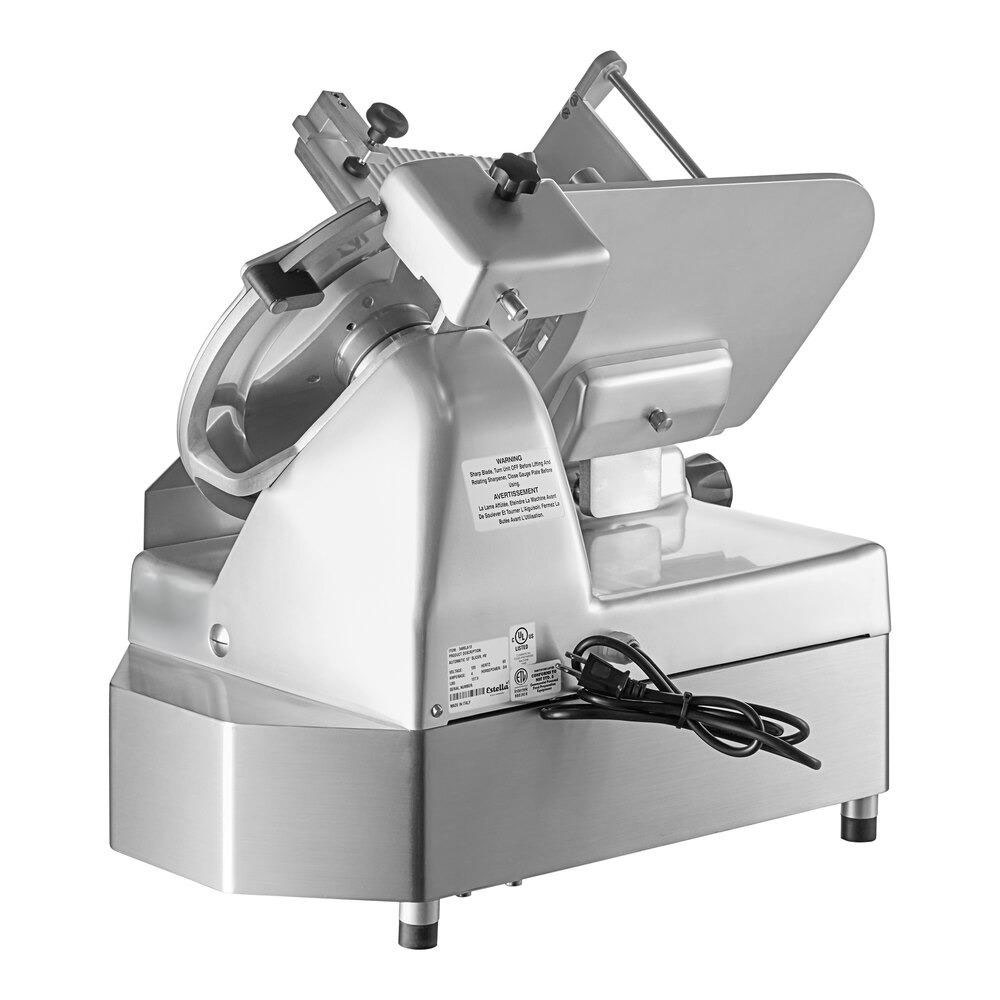
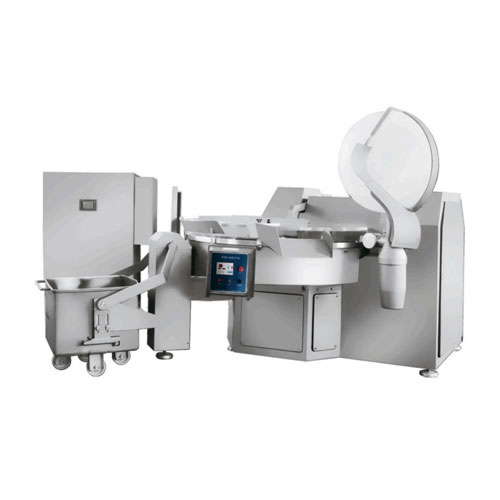
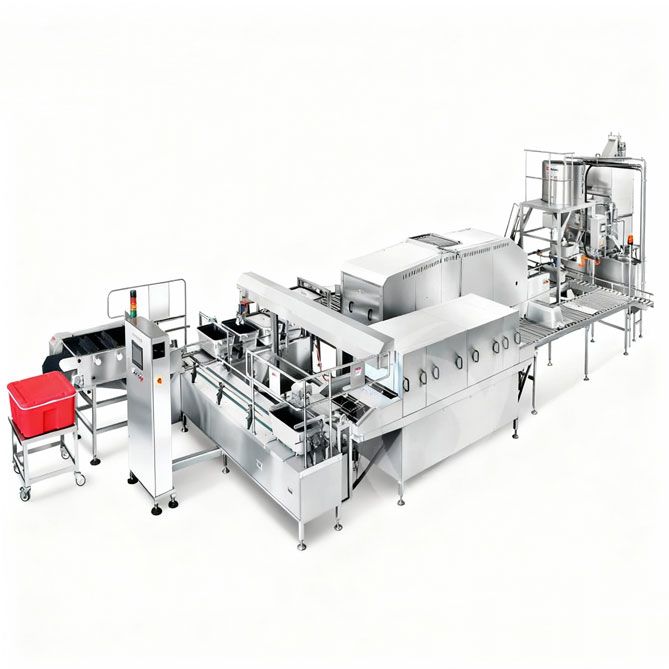
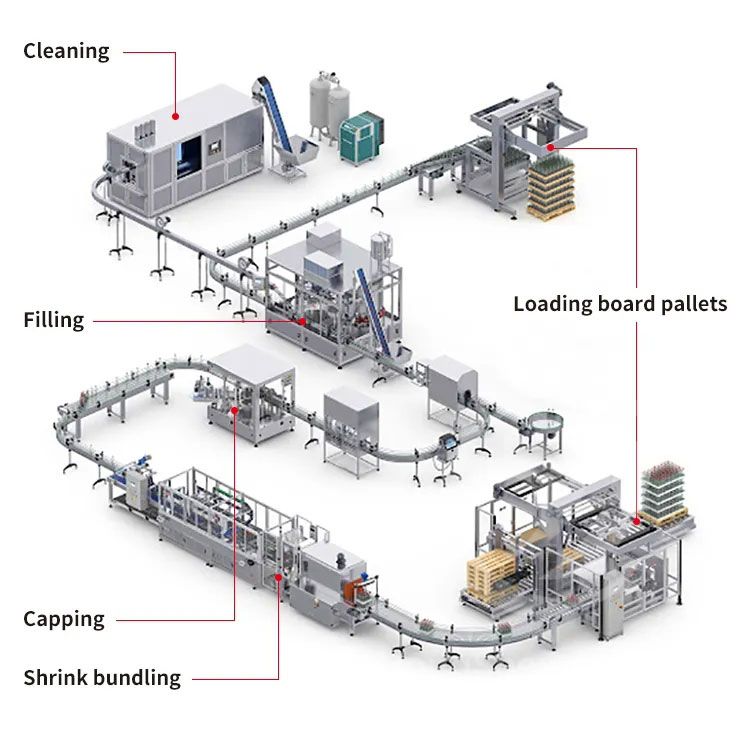 Aseptic Canning Production Line Equipment
Aseptic Canning Production Line Equipment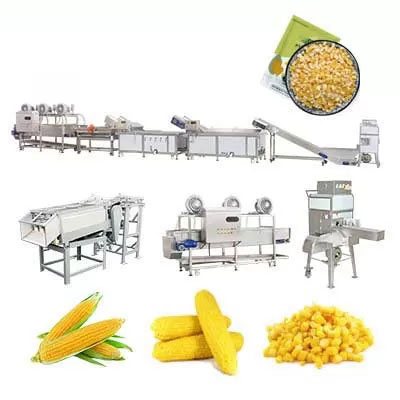 Sweet Corn Canning Production Line
Sweet Corn Canning Production Line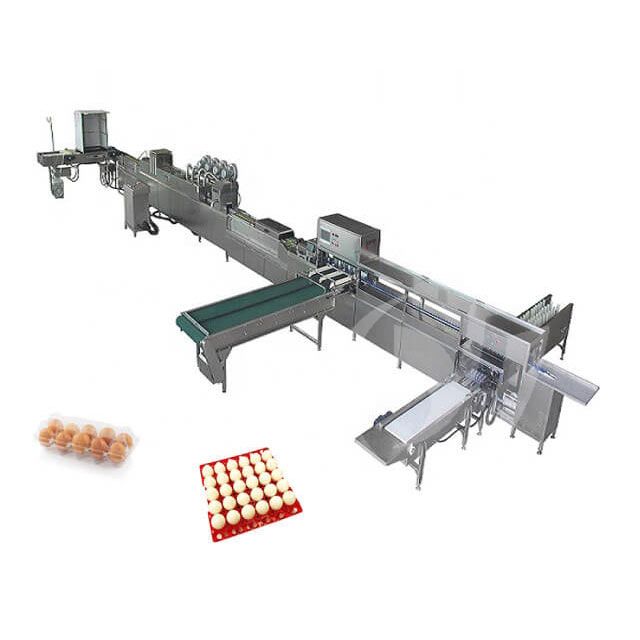 Egg Canning Production Line
Egg Canning Production Line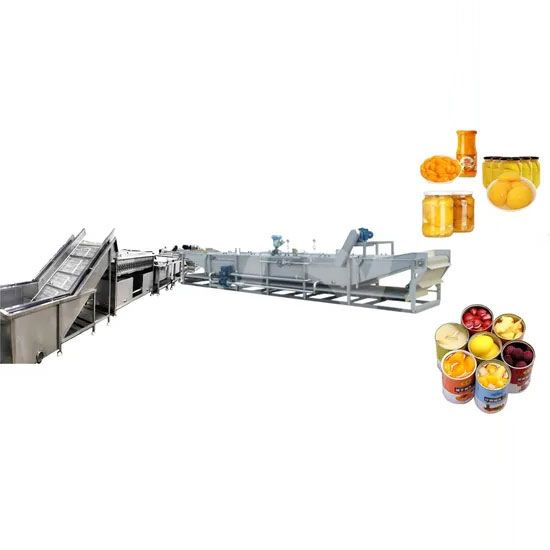 Canned Fruit Production Line Equipment
Canned Fruit Production Line Equipment
Ready to Get Started?